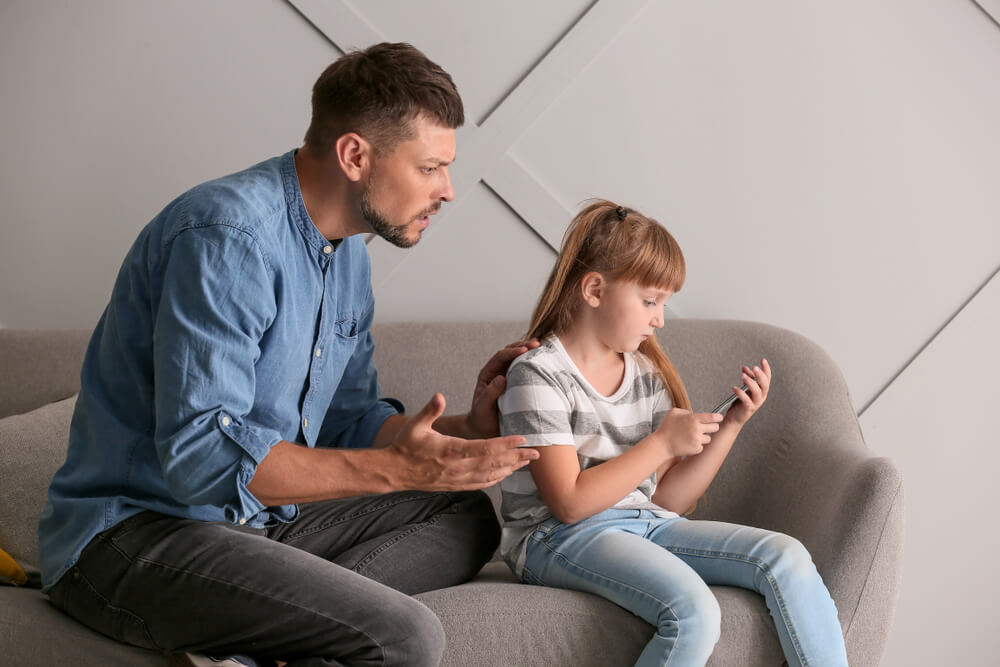Childhood is a critical phase of human development, laying the foundation for a healthy and fulfilling life. Society has a collective responsibility to protect and nurture the well-being of its youngest members, ensuring an environment where they can grow, learn, and thrive. Unfortunately, instances of abusive behavior towards children persist, causing profound and lasting harm to the most vulnerable members of our community. In recognition of the severity of this issue, laws have been established to unequivocally declare that abusive behavior with children is against the law. This introduction aims to explore the legal framework surrounding child protection, emphasizing the imperative to safeguard the rights and welfare of children and to promote a culture that prioritizes their safety and well-being.
Roots of Child Abuse: Social Influences and Family Dynamics
The main reason for child abuse is the social nature. There are two aspects of wildness the one is physically abusing and the second is sexual abusing. One of the biggest reasons for child abuse is the family environment or non-ethical way of spending life. Where no one follows the rules of the family and interacts badly with each other. There are some main causes of children misbehaving, which are included in serious crimes and the legal law considers that in child abuse cases.
- Lack of education and low-level culture inside the family.
- Those families which have not blood relation and child depend on stepmother and stepfather.
- The criminal past of the family.
- Low pay and incomplete families.
- Guardians are addicted of drugs and alcohol.
- The instability in the child, like physical and physiological abnormalities.
Sexual Abusing
Sexual violation of youngsters and children is known as a provocation and included in unethical activities, for instance, showing off the genital organs and any type of work that clears this stuff like films, sketches, recordings, books, and many more. However, it is imperious that the child who is under 16 is added up in the sexual inviolability which is also illumined in the Law assignment Writing. Thus, if his agreement is that he takes an interest in such activities, it does not mean that the absence of the ruthless part in them. In their teenage, youngsters do not realize the unsuitability of such behaviors towards them.
Physical viciousness
Viciousness against children by methodical considerable abuse, in the age of a child, constituted in little protection towards unacceptable actions which include battering, labor exploitation, and seduction. Forced sex, child prostitution, and so on. This type of child violence is totally not acceptable in any law.
Mental Viciousness
Child abuse affects the mental health of children and many children exposed to violence to home are also victims. The children who see the home vice also are the target of abuse. They have a serious risk of mental health problems. We have some signs of mental health problem that are;
- Decrease in the capacity of learning
- Making the negative states in the mind
- Losing the respect of guardians
Conclusion
It is imperative to recognize and uphold the fundamental principle that abusive behavior with children is unequivocally against the law. The legal framework in place is designed to protect the well-being and rights of children, acknowledging their vulnerability and the need for a safe and nurturing environment. By enforcing these laws, society sends a clear message that the mistreatment of children will not be tolerated, and those responsible will be held accountable for their actions. As a collective effort, we must remain vigilant in promoting awareness, education, and the implementation of effective measures to prevent and address abusive behavior, ensuring that every child can grow up in an environment that fosters their physical, emotional, and psychological development. Upholding the legal prohibition against abusive behavior with children is not only a legal obligation but a moral imperative to safeguard the future of our society and nurture a culture of compassion, empathy, and respect for the rights of every child.
 +44 7520 644098
+44 7520 644098 